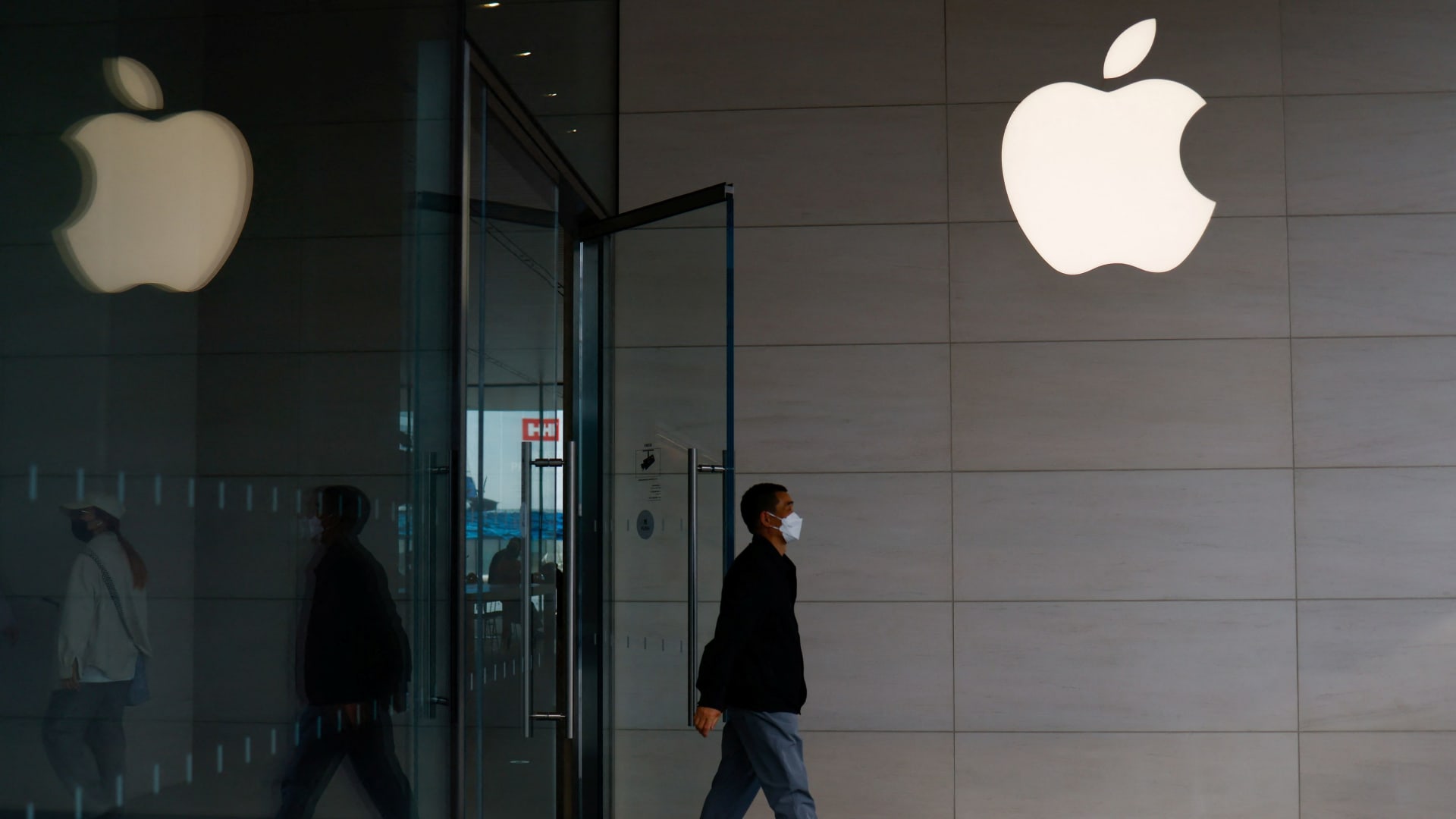Courtroom Bombshell: Apple Caught in Sworn Testimony Deception

In a sharp rebuke to Apple, Judge Yvonne Gonzalez Rogers has accused the tech giant of deliberately disregarding a 2021 court ruling stemming from the Epic Games lawsuit. The judge's Wednesday decision highlights Apple's apparent defiance of previous legal directives, suggesting a pattern of intentional non-compliance with court mandates.
The ruling underscores the ongoing tension between Apple and regulatory authorities, painting a picture of a company seemingly willing to challenge judicial decisions that don't align with its corporate interests. Judge Gonzalez Rogers' strong language implies that Apple's actions go beyond mere legal interpretation and venture into willful obstruction.
This latest development adds another layer of complexity to the already contentious relationship between Apple and app developers, signaling potential further legal challenges and regulatory scrutiny for the technology powerhouse.
